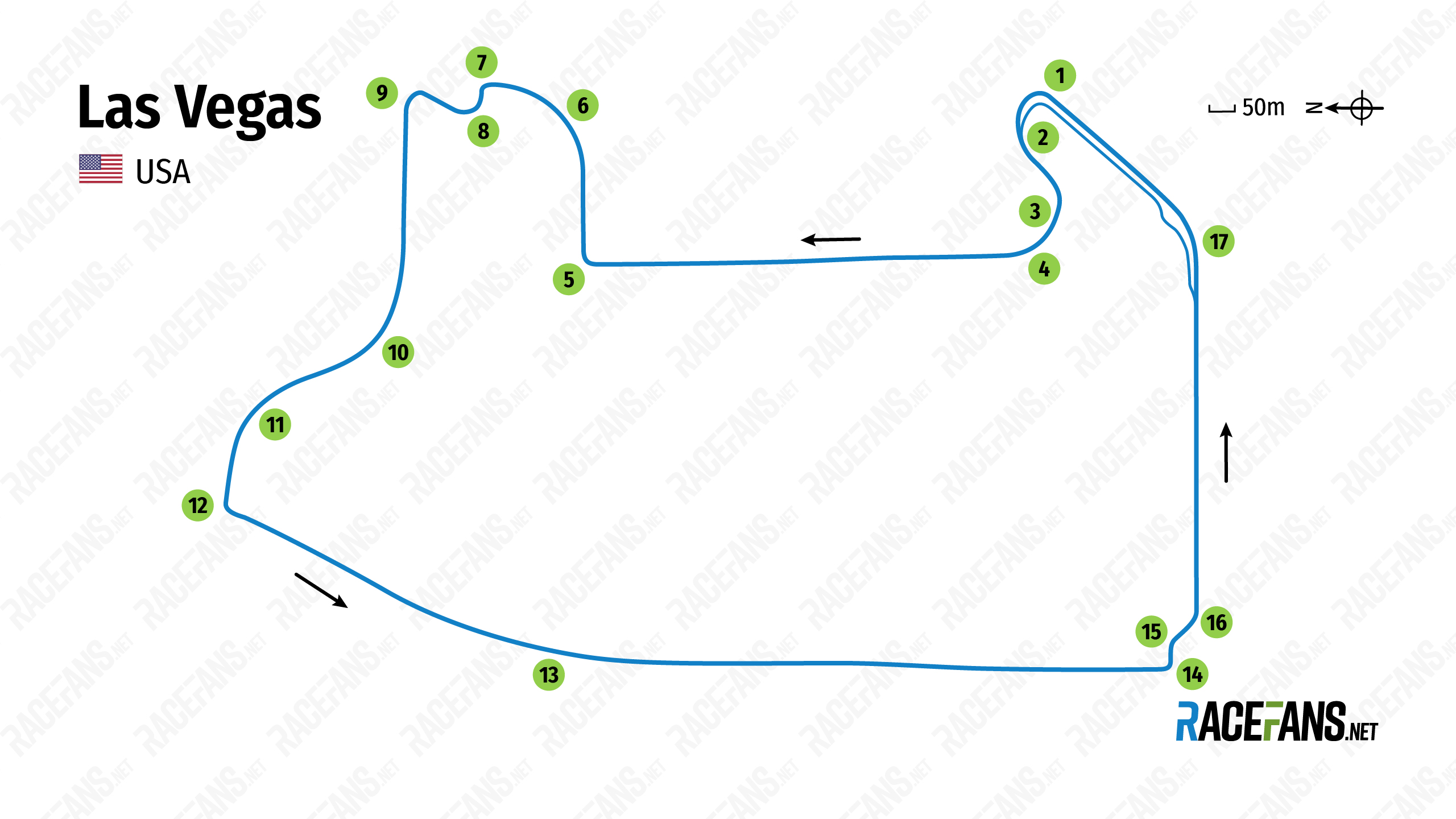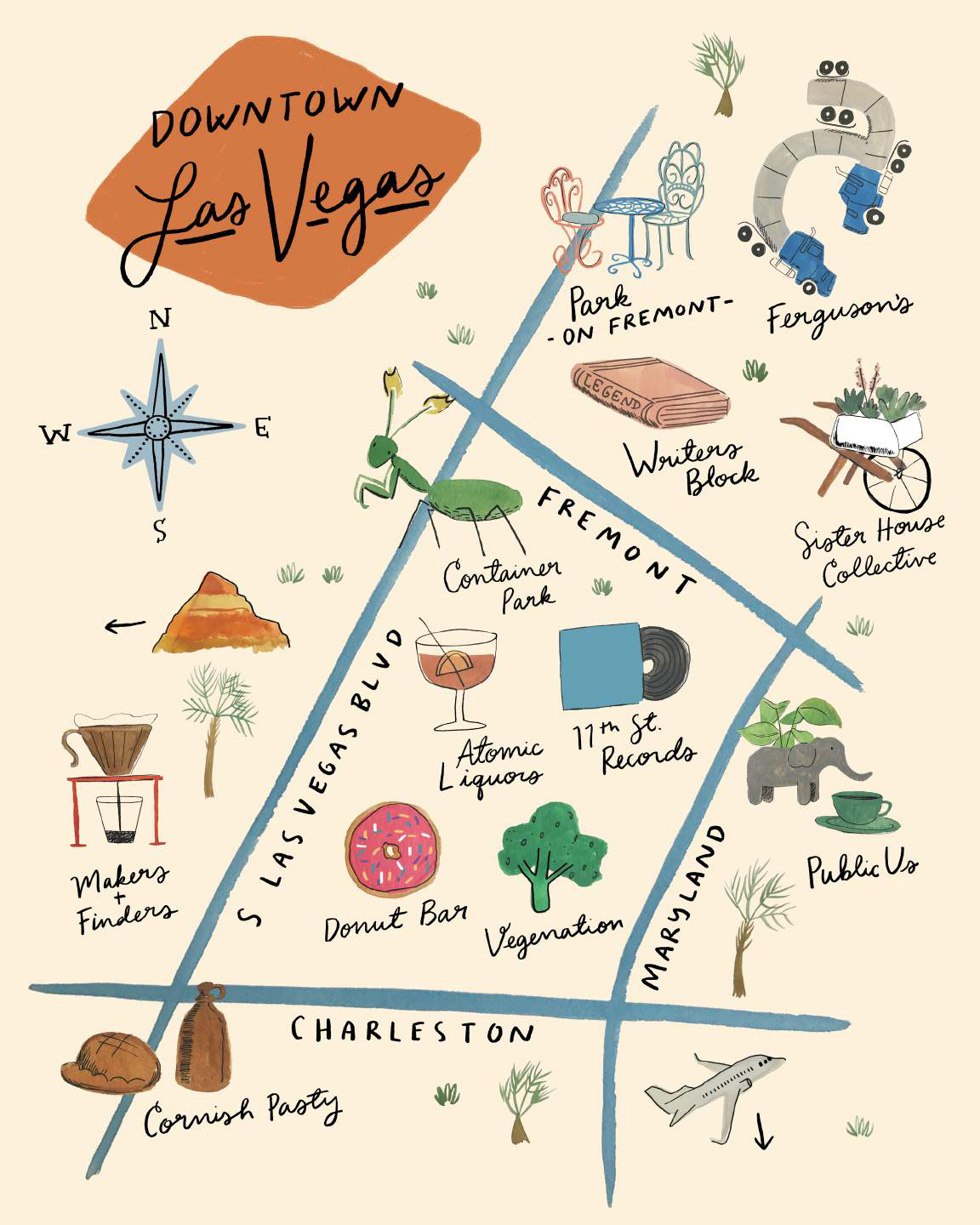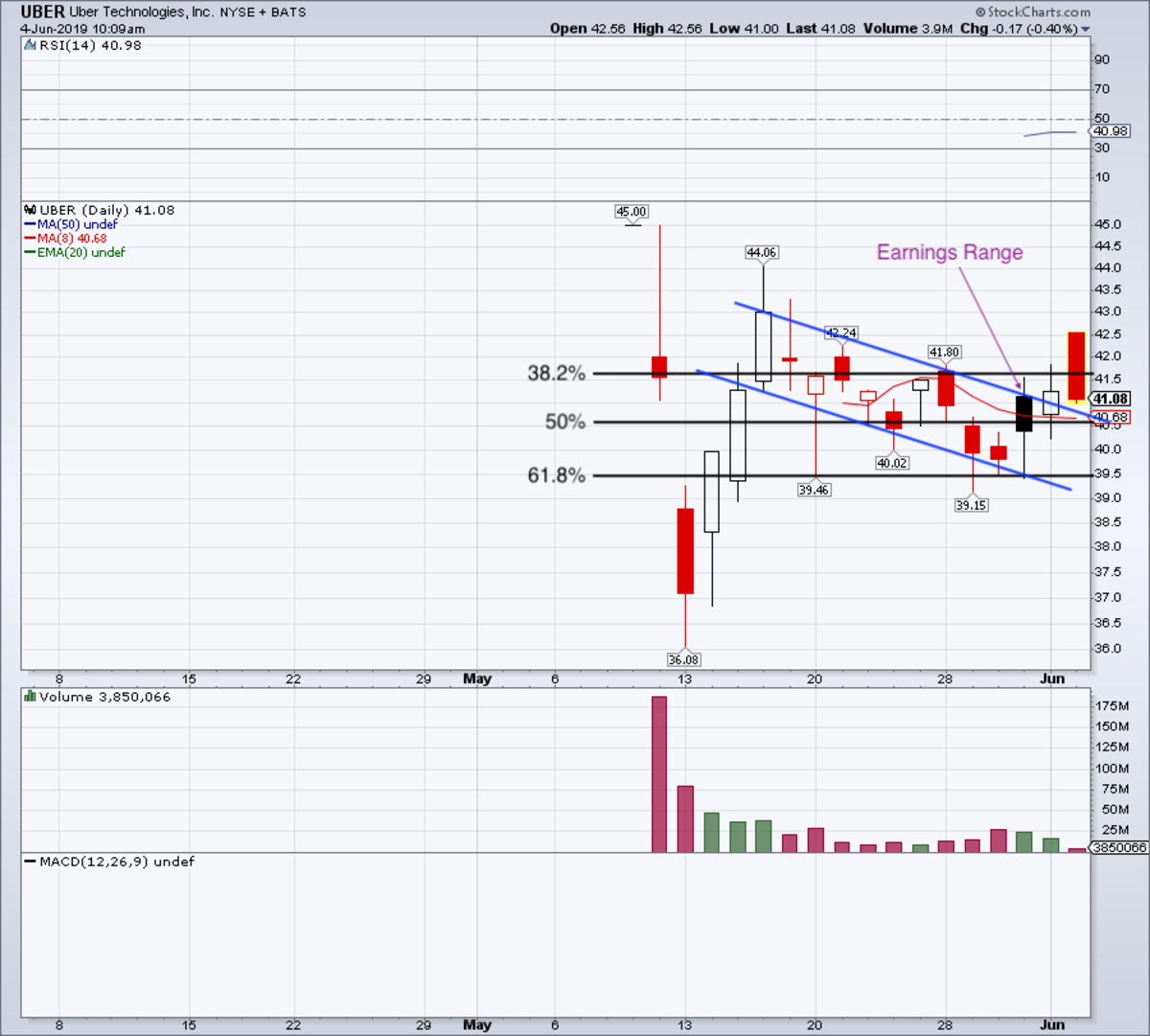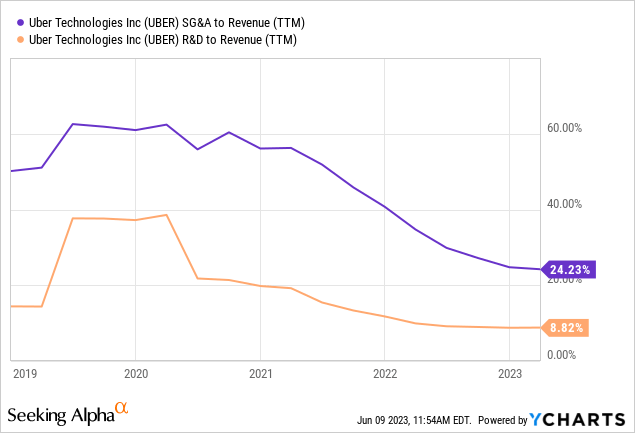Understanding The Surge In Las Vegas Casino Layoffs

Table of Contents
The Impact of the COVID-19 Pandemic on Las Vegas Casinos
The COVID-19 pandemic dealt a devastating blow to the Las Vegas casino industry, triggering a wave of casino layoffs that continues to reverberate through the Nevada job market.
Reduced Tourism and Revenue
The pandemic led to a drastic decrease in tourism due to travel restrictions, widespread health concerns, and the closure of non-essential businesses, including casinos.
- Reduced visitor numbers: Las Vegas saw a dramatic drop in visitor numbers, with many conventions and events cancelled.
- Cancellation of conventions and events: Major conferences and trade shows, significant revenue generators for Las Vegas, were postponed or cancelled indefinitely.
- Decreased spending per visitor: Even those who did visit spent less due to economic uncertainty and concerns about safety.
The revenue loss was staggering. According to the Las Vegas Convention and Visitors Authority, visitor volume plummeted by over 70% in certain months of 2020, resulting in billions of dollars in lost revenue for the entire gambling industry. This significant decline in revenue directly contributed to the widespread Las Vegas casino layoffs.
Operational Changes and Cost-Cutting Measures
To operate during and after the lockdowns, casinos implemented significant operational changes and drastic cost-cutting measures.
- Reduced operating hours: Many casinos reduced their operating hours to minimize expenses and comply with restrictions.
- Limited capacity: Capacity limits were imposed, reducing the number of guests allowed inside casinos at any given time.
- Increased cleaning protocols: Enhanced cleaning and sanitization measures were implemented to ensure guest and employee safety.
- Implementation of safety measures: Casinos invested in new technology and safety protocols, including social distancing measures and mask mandates.
These changes significantly affected staffing needs, leading to widespread layoffs as casinos sought to reduce their operating costs in the face of significantly reduced revenue. Many roles became redundant, especially those related to customer service, entertainment, and non-essential operations.
Slow Recovery and Lingering Economic Uncertainty
The recovery of the tourism sector has been slow and uneven, with lingering economic uncertainty affecting long-term investment and job security.
- Competition from other destinations: Other tourism destinations have also reopened, increasing competition for visitors.
- Evolving consumer preferences: The pandemic has shifted consumer preferences, with some people opting for alternative leisure activities.
- Concerns about future outbreaks: Ongoing concerns about potential future outbreaks continue to dampen travel enthusiasm and spending.
This uncertainty makes it difficult for casinos to plan for the future and invest in new jobs, further contributing to the ongoing Las Vegas casino layoffs and the instability of the Nevada job market.
The Rise of Online Gambling and its Effects on Brick-and-Mortar Casinos
The rise of online gambling presents another significant challenge to the traditional brick-and-mortar casinos in Las Vegas.
Shifting Consumer Behavior
Online gambling offers convenience and accessibility that traditional casinos cannot match.
- Convenience: Players can gamble from the comfort of their homes, at any time of day or night.
- Accessibility: Online gambling platforms are available to a much wider audience than physical casinos.
- Wider game selection: Online casinos often offer a more diverse range of games than their land-based counterparts.
The growth of the online gambling market is substantial. Reports indicate a significant year-on-year increase in online gambling revenue, diverting a considerable portion of the market share from traditional casinos.
Competition and Market Saturation
The rise of online gambling intensifies competition for the same customer base, putting pressure on the profitability of Las Vegas casinos.
- Reduced foot traffic in casinos: Many gamblers are now opting for online platforms, leading to reduced foot traffic in traditional casinos.
- Pressure on profit margins: Decreased revenue and increased competition force casinos to cut costs and reduce their workforce.
This increased competition directly leads to cost-cutting measures, including further Las Vegas casino layoffs and a shrinking workforce in the gambling sector.
Economic Factors Beyond the Gambling Industry
Beyond the specific challenges facing the gambling industry, broader economic factors have also contributed to the surge in Las Vegas casino layoffs.
Inflation and Rising Costs
Inflation and rising costs impact the operating expenses of casinos, reducing their ability to retain employees at competitive wages.
- Increased wages: The cost of labor is increasing, forcing casinos to contend with higher wages to attract and retain qualified staff.
- Higher utility costs: Energy, water, and other utility costs have increased significantly, adding to operating expenses.
- Rising supply chain expenses: The cost of goods and services, from food and beverages to gaming equipment, has also risen.
These increased operating costs force casinos to make difficult decisions regarding cost-cutting measures, often resulting in staff reductions and layoffs.
Labor Shortages and Competition for Skilled Workers
The hospitality and tourism industry, including casinos, faces challenges in finding and retaining qualified staff in a competitive job market.
- High employee turnover: The casino industry often experiences high employee turnover, making it difficult to maintain a stable workforce.
- Difficulty filling vacant positions: Casinos struggle to fill vacant positions due to a lack of qualified candidates and competition from other industries.
This labor shortage exacerbates the issue of casino layoffs, as casinos struggle to maintain adequate staffing levels in a challenging employment market.
Conclusion
The surge in Las Vegas casino layoffs is a complex issue stemming from a confluence of factors. The COVID-19 pandemic dealt a significant blow to the industry, causing reduced tourism, revenue loss, and the need for cost-cutting measures, leading to widespread job losses. The rise of online gambling presents further challenges, increasing competition and reducing foot traffic in traditional casinos. Finally, broader economic factors like inflation and labor shortages exacerbate the problem. Understanding the complexities surrounding the surge in Las Vegas casino layoffs is crucial for policymakers, industry leaders, and those seeking employment in the sector. Further research and proactive strategies are needed to address this issue and ensure a sustainable future for the Las Vegas gambling industry and its workforce. Stay informed on the latest developments regarding Las Vegas casino layoffs and their impact on the Nevada economy.

Featured Posts
-
 Five Boro Bike Tour Challenges And Rewards For Nyc Bike Riders
May 18, 2025
Five Boro Bike Tour Challenges And Rewards For Nyc Bike Riders
May 18, 2025 -
 Casino Worker Actions Expert Analysis Of Recent Events In Las Vegas
May 18, 2025
Casino Worker Actions Expert Analysis Of Recent Events In Las Vegas
May 18, 2025 -
 Fatal Shooting In Brooklyn Bridge Park Police Investigation
May 18, 2025
Fatal Shooting In Brooklyn Bridge Park Police Investigation
May 18, 2025 -
 Las Vegas Arts District On Lockdown Police Respond To Barricaded Individual
May 18, 2025
Las Vegas Arts District On Lockdown Police Respond To Barricaded Individual
May 18, 2025 -
 Claim Your No Deposit Bonus May 2025 Codes
May 18, 2025
Claim Your No Deposit Bonus May 2025 Codes
May 18, 2025
Latest Posts
-
 Could Driverless Cars Make These Uber Etfs A Smart Investment
May 19, 2025
Could Driverless Cars Make These Uber Etfs A Smart Investment
May 19, 2025 -
 Ubers Foodpanda Taiwan Acquisition Fails Amid Regulatory Challenges
May 19, 2025
Ubers Foodpanda Taiwan Acquisition Fails Amid Regulatory Challenges
May 19, 2025 -
 Regulatory Issues Halt Ubers Acquisition Of Foodpanda In Taiwan
May 19, 2025
Regulatory Issues Halt Ubers Acquisition Of Foodpanda In Taiwan
May 19, 2025 -
 Investing In Uber A Detailed Look At Uber Stock
May 19, 2025
Investing In Uber A Detailed Look At Uber Stock
May 19, 2025 -
 Uber Uber Investment Potential And Risks
May 19, 2025
Uber Uber Investment Potential And Risks
May 19, 2025
